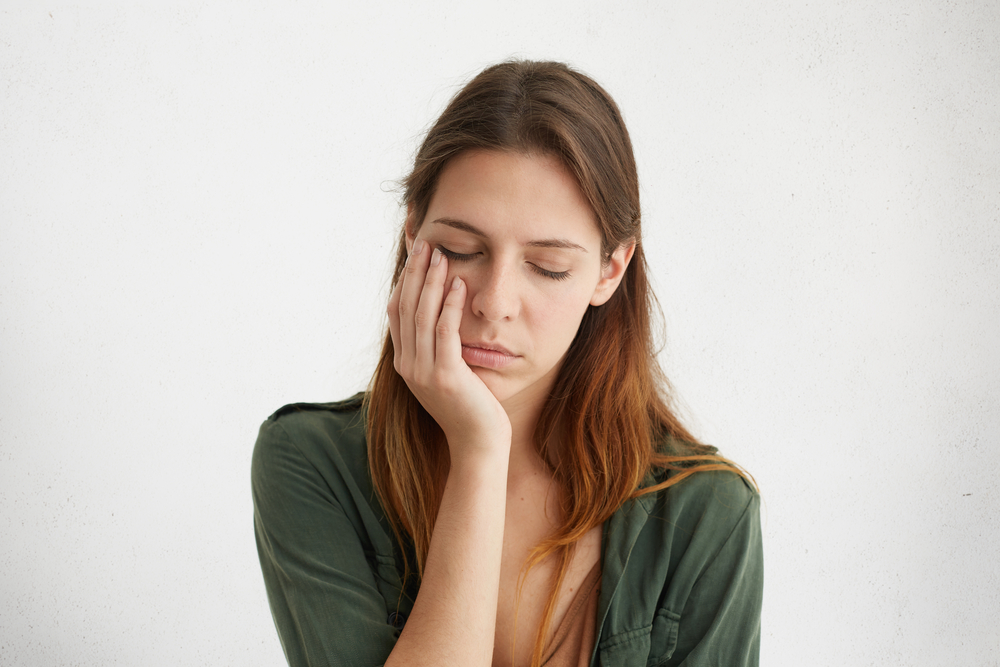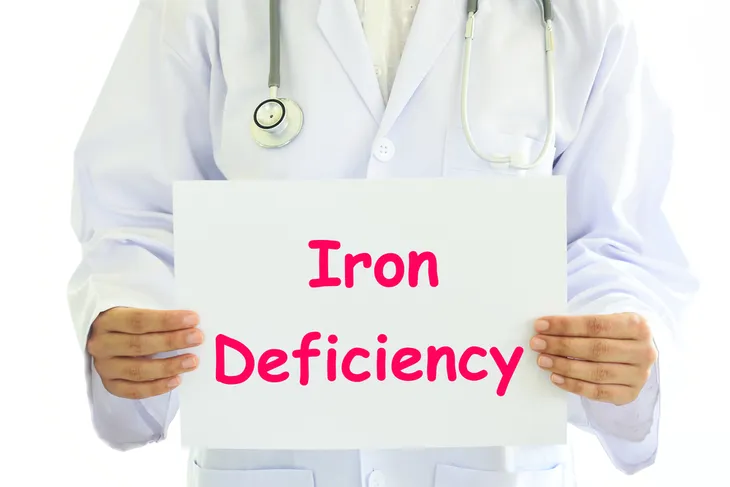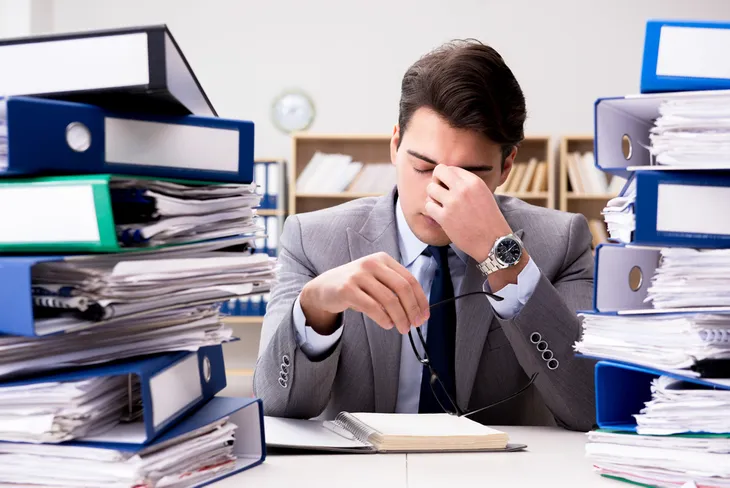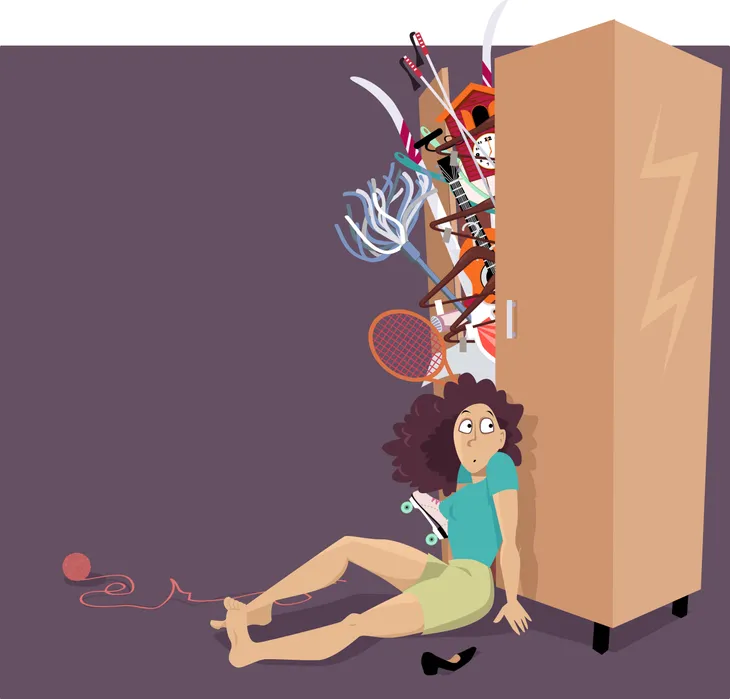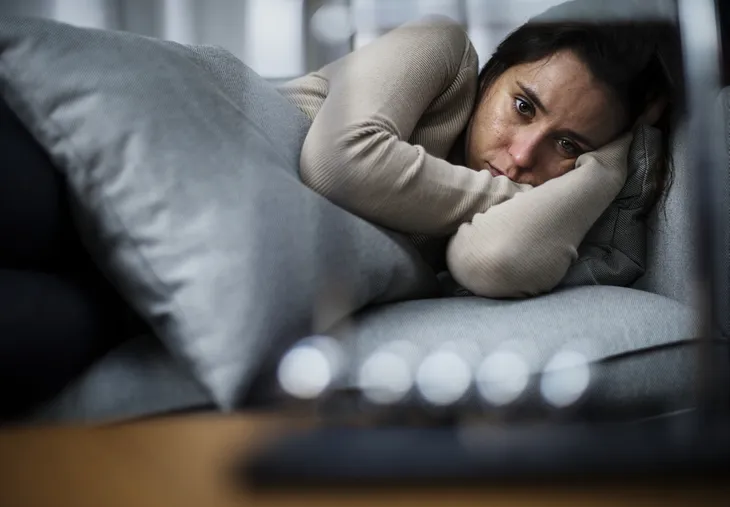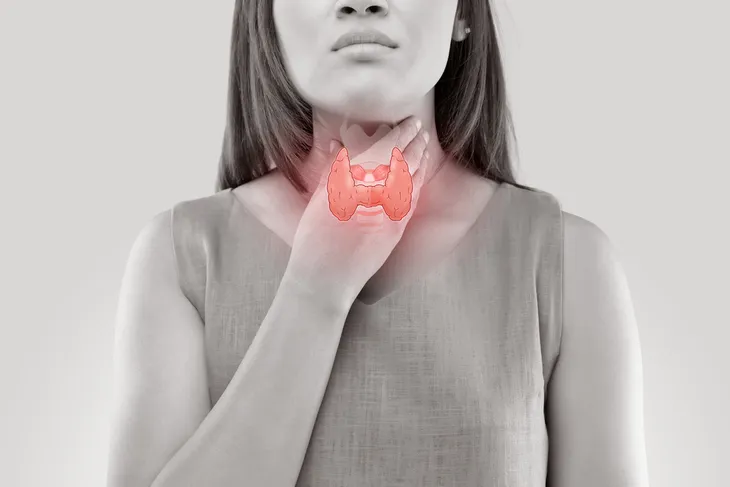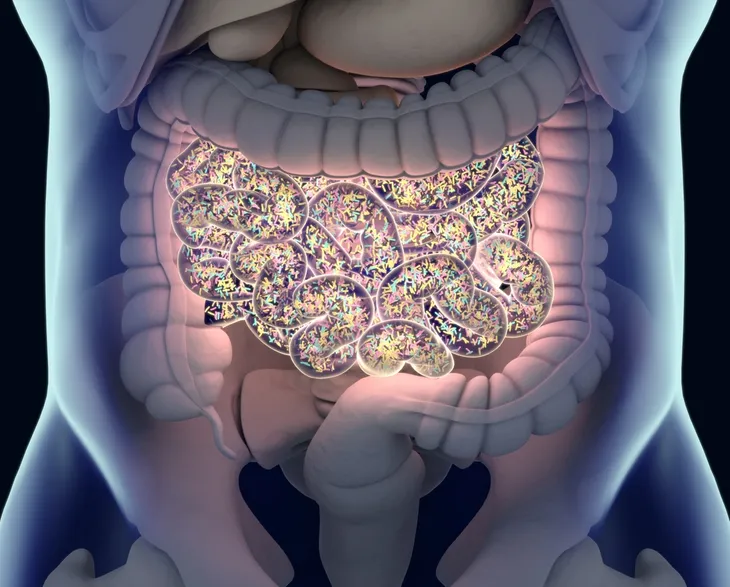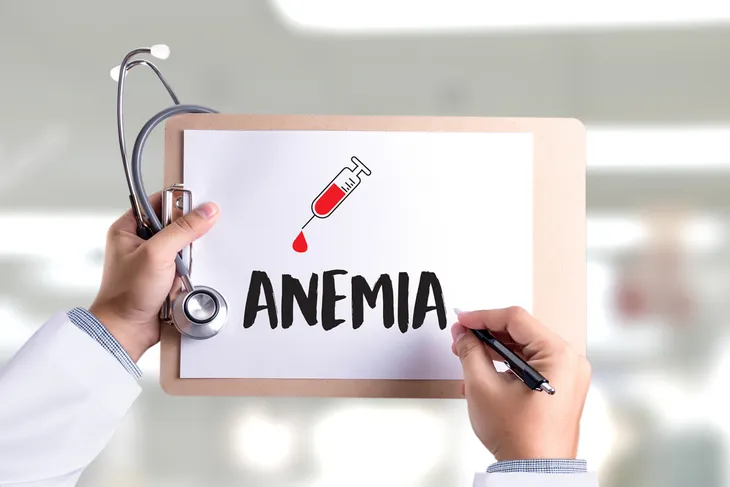It’s a problem many of us have to deal with—feeling tired in the middle of the day. It’s a costly problem. Not only can it prevent us from doing the things we love (like exercising and visiting friends and family) and the things we need to do (like work), but it can also pose a danger to our health.
When we’re tired all the time we exercise less, we are more likely to eat unhealthy foods, both of which can have a serious impact on our physical and mental well being. Many people struggle with low energy even after a good night’s sleep, but why? Low energy doesn’t always have to do with sleep deprivation. There are many other factors in our day that can impact our energy, including these 18…
Want diet & nutrition content delivered straight to your inbox? Sign up for our exclusive diet & nutrition newsletter!
Skipping Your Workout
Feel a little tired? It’s no excuse to skip your workout. In fact, a study from the University of Georgia shows that failing to exercise on a regular basis can actually make you feel more tired. The trick is to devote at least a brief amount of time—between 20- and 30-minutes—to relatively intense exercise (such as running or cycling) on a regular basis. You don’t have to run a marathon to keep your energy levels high.
Just get out there and do something physical. After all, regular exercise has been shown to boost strength and endurance, making your entire body run more efficiently, meaning you won’t feel so tired so often.
Not Drinking Enough Water
Dehydration can be directly linked to fatigue. Medical experts from Tufts University estimate that just 2-percent fluid loss can have a significant impact on our energy levels because it causes a visible reduction in blood volume.
The research explains that mild dehydration can turn into severe dehydration which can make the heart pump blood less efficiently. In turn, this restricts the speed at which oxygen and nutrients get to your muscles and vital organs. It’s a recipe for exhaustion. So make sure to get lots of water in you as the day goes on!
Iron Deficiency
You probably know someone who has an iron deficiency problem. If you do, you know they frequently complain about feeling tired, weak, and unable to concentrate on anything for an extended period of time. Well, we can all suffer the consequences of failing to get enough iron. Without sufficient iron levels in our blood, less oxygen makes its way to the muscles and cells in our body.
The good news is that you can change this by consuming more iron-heavy foods, from lean beef to kidney beans, tofu, eggs, dark and leafy vegetables, and nuts. Here’s another tip: consuming foods rich in vitamin C can help your body absorb iron-heavy foods. So, pair your steak and kale dinner with an orange juice the next time you start to feel a little run down.
Sweating the Small Stuff
It may surprise you, but worrying too much can have a detrimental effect on your physical health. It’s called stress, and it can leave you feeling both mentally and physically exhausted.
It’s perfectly normal to feel anxious and stressed out from time to time, and in these cases the key is to simply take a deep breath and think about a) how reasonable your concerns really are, and b) what’s the worst that could happen. Chances are, reality is not nearly as catastrophic as your concern. Of course, if you find yourself feeling this way all of the time, it’s important you consult your doctor about the issue.
Blowing Off Breakfast
Let’s assume you’ve gotten a normal night’s sleep for an adult—about seven to eight hours. Chances are you didn’t get up in the middle of the night for a snack, which means your body has gone quite a while without any kind of sustenance.
According to Dr. Mark Flannery, a Certified Nutrition Specialist and fellow of the American Association of Integrative Medicine, that’s why it’s imperative you don’t blow off breakfast. Give your body the fuel it needs to get through the day. If you struggle with the idea of eating so early in the morning, try having something small, like an energy bar. If that’s too much, try a fruit and veggie smoothie.

Too Much Junk Food
There’s a reason nutritionists refer to candy and salty snacks like potato chips as “empty calories.” It’s because junk food contains very few components that your body can put to work, like vitamins and protein.
Worse still, these foods rank very high on the glycemic index, which means they can cause your blood sugar to spike. That’s fine in the short term, but will eventually lead to a system crash, leaving you feeling more tired than before. That’s why it’s important to eat fiber- and protein-rich foods, which will keep your body feeling energized for a longer period of time.
Taking on Too Many Responsibilities
If you’re a hard-working, ambitious person, chances are you have a hard time saying “no” when the boss comes to you with a new task. But sometimes saying “yes” can be bad for your health and particularly your energy levels, according to a study published by the National Institutes of Health (NIH). The issue can be really troublesome if it means you’re skipping meals and workouts and failing to get to bed at a reasonable time.
Experts suggest making a list of tasks and determining which ones are the most important to carry out. Then make sure your boss knows that you just don’t have time to do everything. If necessary, explain to them why—chances are, they don’t fully appreciate how much is on your plate and how it’s affecting your health. And the last thing they (should) want is a tired employee.
Your Environment is a Mess
Whether it’s at work or home (or both), clutter is mentally exhausting. It restricts your ability to focus on any one task and can even make you feel as though the whole world is coming down around you.
The mere sight of a messy desk or kitchen first thing in the morning can be overwhelming, according to this Princeton University study, making you feel as though it’s impossible to escape your stress. In contrast, a neat and organized space will make you feel more efficient, alleviating stress and keeping your energy levels up.
Drinking Before Bed
There’s no denying that having an alcoholic beverage after a long day of work can help one wind down. But it’s important to avoid having too many drinks before heading to bed because alcohol has a very visible rebound effect.
In essence, while having a drink or two can help you relax and may even put you to sleep, consuming alcohol can increase your chances of waking up in the middle of the night, says Dr. John Shneerson, head of the sleep centre at Papworth Hospital in Cambridge. That may leave you tossing and turning for hours, leaving you frightfully exhausted in the morning. That’s why doctors suggest ceasing your consumption of alcohol a few hours before hitting the hay.
Checking Messages Right Before Bed
It can be tough to go hours without checking your emails, text messages, or social media accounts. But this can contribute to your stress levels, making it more difficult for you to relax and get to sleep, says Michael Woodward, Ph.D., Organizational Psychologist and author of the book, The YOU Plan.
Imagine there’s an email from your boss asking you to take on a new task. Won’t you be better prepared to address that concern first thing in the morning, after a solid 8-hours’ sleep, than right before bedtime? It’s something to keep in mind as you pick up your smartphone or tablet computer just as you settle into bed for the night.
You Have Sleep Apnea
Sleep apnea leaves people feeling tired no matter how much sleep they get. This is because they have a condition where they suffer interruptions in their sleep. Prevention explains that obstructive sleep apnea is when the “upper airway actually closes or collapses for a few seconds, which, in turn, alerts your brain to wake up to begin breathing again.” While it’s a good thing the brain naturally jerks us awake (it’s usually so subtle the person doesn’t even know it’s happening), it also messes with their sleep. A person suffering from sleep apnea may never enter into that deep, restful phase of sleep, which is what causes fatigue during the day.
Roseanne S. Barker, MD, former medical director of the Baptist Sleep Institute in Knoxville, TN, tells Prevention that someone with this condition could stop breathing dozens or hundreds of times a night.
Working Out Before Bed
Most people who lead an active life have heard the theory that working out before bed is bad for you. Well, it turns out it’s true! W. Christopher Winter, MD, author of The Sleep Solution, says exercising within two to three hours of going to bed can affect a person’s sleep. “This can increase cortisol (the stress hormone) and reduce melatonin secretion, and can increase the time it takes to fall asleep,” he says.
This claim is backed up by Rajkumar Dasgupta, MD, a spokesperson for the American Academy of Sleep Medicine, who told Prevention, “Working out also raises your body temperature, which may make it harder to fall asleep.”
You Grind Your Teeth
Similar to sleep apnea, someone who grinds their teeth in the night might not even realize they’re doing it. The medical term for grinding teeth is “bruxism,” and not surprisingly, it can have some serious effects. Not only can it cause dental issues like temporomandibular joint disorder, it can also interrupt a person’s sleep. Researchers have found that there is a correlation between sleep apnea and teeth grinding. Someone who grinds their teeth at night can wake up sporadically throughout the night because of the sleep apnea which then prevents them from getting enough oxygen.
There’s nothing pleasant about the idea of someone grinding their teeth and according to W. Christopher Winter, MD, it can be an indication of another problem. “Bruxism can also be an indication of another sleep disorder,” says Winter.
Depression
Even though depression is a mental illness, it can have physical symptoms, including fatigue. It’s an illness that requires treatment because without it the symptoms can carry on for a long period of time, years even. The fatigue associated with depression can be so debilitating it makes people not want to get out of bed.
Thyroid Disease
The thyroid gland is located at the front of the neck which is responsible for producing hormones that control metabolism. When someone has a thyroid issue, which is usually due to low hormone production or over production, it can cause a number of side effects, including fatigue. WebMD lists hypothyroidism (when the thyroid doesn’t produce enough hormones) as one of the biggest culprits for low energy levels.
Gut Health Issues
Many people don’t realize just how much our gut affects our health. Amy Shah, MD, explains to Reader’s Digest that a healthy gut is tight and secure, where nothing on the outside can get in, but when someone has an unhealthy diet, “the gut can become a looser, net-like structure instead of a tight structure, and proteins that aren’t supposed to be in our bloodstream leak into our bloodstream, which creates an inflammatory response.”
So what does this have to do with fatigue? The sources goes on to say that this inflammatory response can cause physical symptoms like “bloating, fatigue, moodiness, headaches, or weight gain.”
Anemia
Anemia occurs when the body doesn’t have enough healthy red blood cells or hemoglobin. When someone’s red blood cell count is low, it means their body isn’t getting enough oxygen which causes symptoms like fatigue. According to Prevention, anemia is typically caused by an “iron or vitamin deficiency, blood loss, internal bleeding, or chronic disease such as rheumatoid arthritis, cancer, or kidney failure.”
We all feel tired from time to time, so don’t assume you’ve got anemia whenever you’re feeling fatigued. Amy Shah, MD, told Reader’s Digest that the fatigue from anemia is so powerful it leaves patients feeling short of breath. “If someone says ‘I’m tired and feeling a little short of breath,’ or ‘I’m having trouble exercising,’ that tends to be anemia,” she says.
Women are at a higher risk for becoming anemic because they are more susceptible to iron deficiency. This is because of the blood loss they experience during menstruation, and due to the extra need for iron while pregnant and breastfeeding.
You Have Diabetes
Diabetes is a huge problem in North America. Prevention says more than 2 million people are diagnosed with type 2 diabetes each year. Shockingly, they suggest this number is even higher because many people probably have diabetes but don’t even know it. So what is it about diabetes that leaves people feeling tired? People who suffer from type 2 diabetes are unable to use glucose (also known as sugar) properly, which is a problem because that is what our body uses as fuel.
High blood glucose makes the blood “sludgy,” which then affects blood circulation and causes a lack of oxygen and nutrients to our cells, says registered nurse blogger David Spero on Diabetes Self-Management.com. It also causes the blood vessels to become inflamed by the sugar. “When this happens, according to research, immune cells called monocytes come into the brain, causing fatigue,” says Spero.
